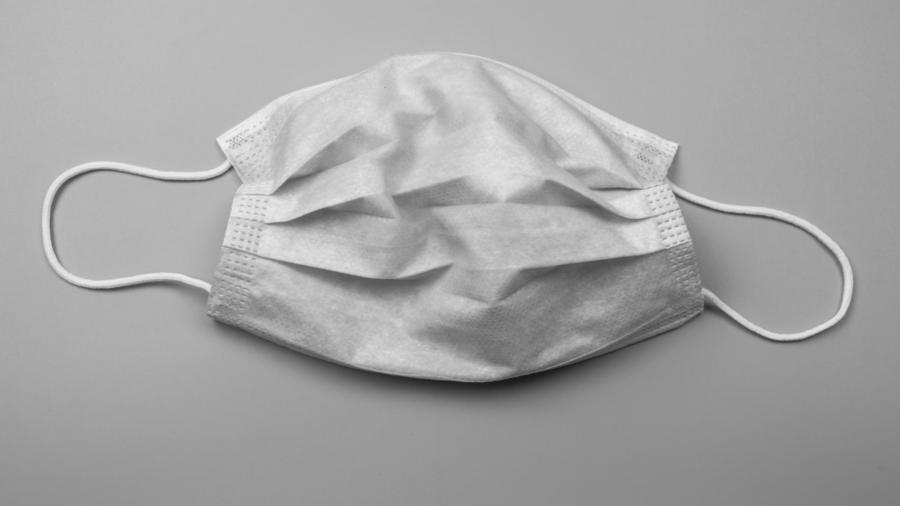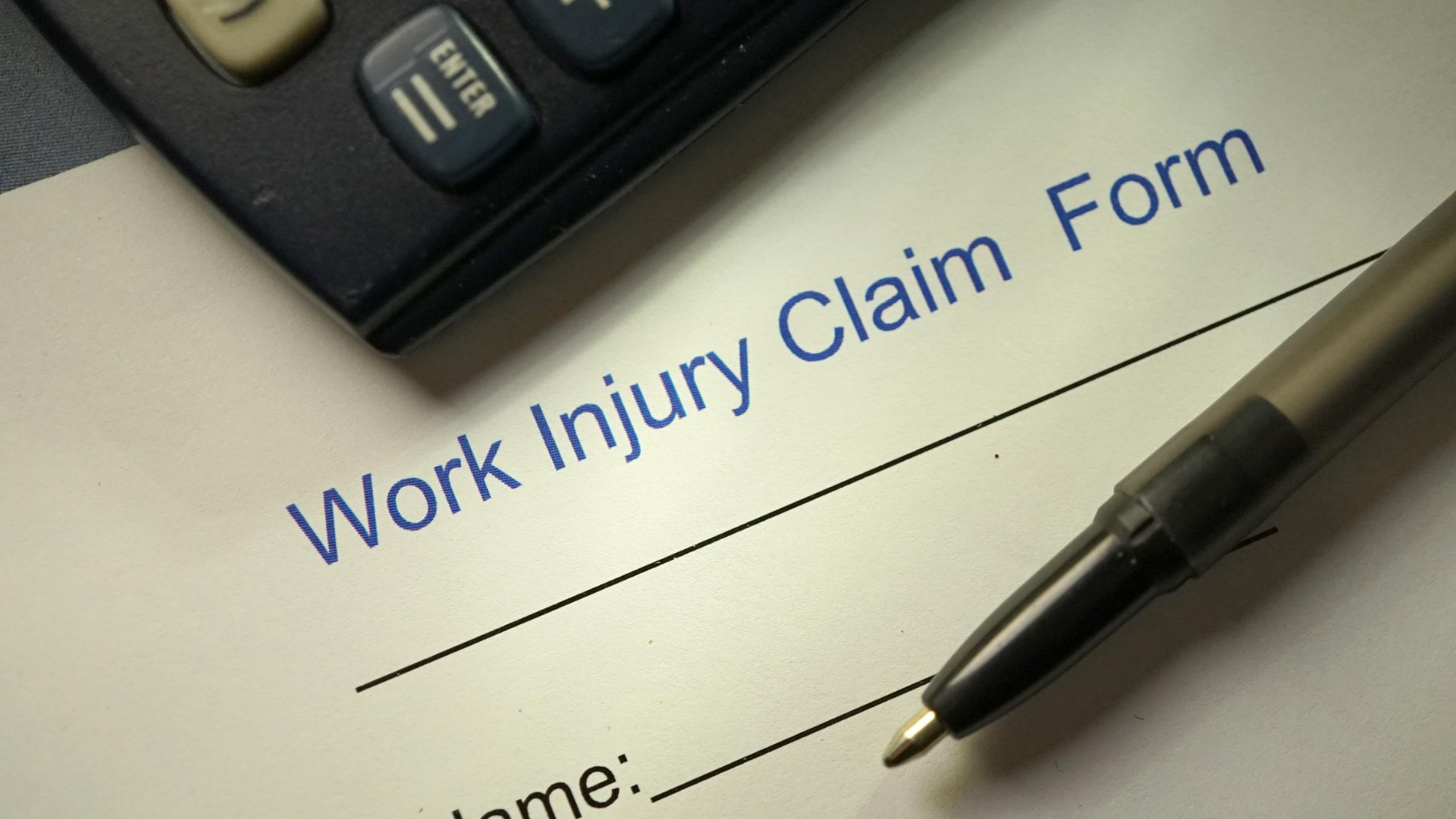According to a recent release from Stone, Loughlin and Swanson LLP, there are many changes on the horizon for the workers comp industry due to the vicissitudes of the novel COVID-19 virus. From return to work procedures to designated doctor exams and presumption laws, this virus is affecting many areas of workers compensation claims and insurance professionals are working tirelessly to keep up with the constant changes. Here are a few noteworthy updates that are impacting the workers compensation industry today.
Texas and COVID-19 Presumption in Workers Compensation
Unlike several other states across the U.S., Texas has not enacted any workers compensation presumption rules. Besides the existing presumptions, the DWC has stated that workers compensation carriers should follow the typical rules regarding investigating and adjudicating claims.
A number of groups in Texas have called for Governor Abbott and the city to adopt a workers compensation coverage presumption, including the Texas AFL-CIO, The Combined Law Enforcement Associations of Texas and local firefighters, who believe that COVID-19 claims should be covered under workers compensation based on Government Code Chapter 607, which provides that, for firefighters, peace officers, or EMTs who suffer from tuberculosis or other respiratory illnesses which have a statistically positive correlation with service, there is a presumption that the illness was contracted in the course and scope of their employment.
Texas AFL-CIO is taking a broader approach to COVID-19 and workers compensation, insisting that essential and frontline employees receive coverage under workers compensation if they work outside the home.
OSHA has also addressed COVID-19 claims in a memo stating that, for a limited group of workers including those in the healthcare industry, reporting is only required if “there is objective evidence that a COVID-19 case may be work-related.” This memo also includes “a number of cases developing among workers who work closely together without an alternative explanation.”
COVID-19 Claims Reporting in Texas
With more Texas employees returning to work, a spike in workers compensation claims related to COVID-19 is expected. While there have been no COVID-19 claim guidelines issued from the DWC, their website indicates that carriers are still required to comply with existing statutes when it comes to determining compensability. The DWC specifically notes Rules 102.5 and 124.2, which require an electronically filed notice of the claim action and the plain language notice (PLN) to the injured employee and the DWC when denying compensability.
The DWC strongly encourages carriers to report exposure or quarantine notifications without a diagnosis or positive test result so they can evaluate the systemic impact of the disease. They also recommend using the International Association of Industrial Accident Boards and Commissions codes for: “cause of injury” Code 83 (Pandemic) and “nature of injury” Code 83 (COVID-19) when filing COVID-19 notices with the DWC.
COVID-19 Protocols and their effect on Claims Processing
In response to COVID-19, the DWC has extended several of the emergency mandates that were implemented in March 2020, including expanding telemedicine services on July 3, 2020. The DWC also renewed emergency rules easing limitations regarding medication refills through September 27, 2020.
Additionally, all field office mail will now be forwarded to the DWC headquarters in Austin, TX due to “COVID-19” and “increased telecommuting”. For quicker turnaround, they recommend faxing documents and forms to the DWC main fax number or directly mailing documents to the Austin headquarters.
The DWC recently followed the TWC and suspended work search compliance standards for SIBs due to the rising number of COVID-19 cases in Texas. Although the TWC initially had plans to reinstate work search requirements on June 6, 2020, both organizations have decided to postpone these requirements indefinitely.
Texas Designated Doctor Exams Have Resumed – with Limitations
The DWC has started to approve and schedule designated doctor and required medical exams once again, but these exams are limited to MMI, IR, extent of injury, and other related issues. Due to TWC’s ongoing suspension of work search requirements, the DWC is not approving or scheduling any DD or RME exams related to disability and return to work.
The DWC began by resuming/rescheduling exams that had already been approved but were canceled due to the pandemic. Now the DWC is approving new requests for exams, processing DWC-32 requests in the order they were received. While the DWC catches up on all the exams that were requested prior to the pandemic, workers compensation professionals can expect a significant delay in processing new DWC-32 requests.
Texas Supreme Court Ruling on the Exclusive Remedies Provision
According to a recent court case involving a workplace fatality, the Texas Supreme Court ruled that being “overworked” – especially in a seemingly dangerous work environment – did not prove the intentional-tort exception to the exclusive remedies provision. The Texas Supreme Court decided that, for the intentional-tort exception to apply to these cases, the employer must be explicitly aware of the potential danger of a specific employee in a specific work environment. In the case of MO-VAC Services Co. Inc., v. Escobedo, 63 Tex. Sup. Ct. J. 1312, 2020 WL 3126989 (Tex. 2020), there was no evidence that indicated that the employer knew this particular employee would fall asleep from being overworked while driving his truck – even though employees were working 100 hours per week. Ultimately, the intentional-tort exception did not apply and the survivor’s claims were barred by the exclusive remedies provision.
For more news and updates on workers compensation and claims processing during the pandemic, follow C³ on Facebook, LinkedIn and Twitter and check out C³’s blog.






